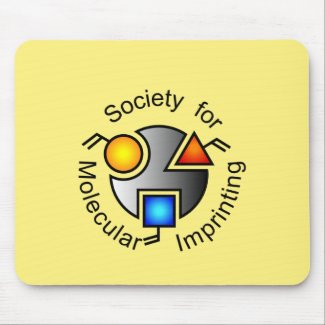
Authors: Yang M, Han AJ, Duan JL, Li ZP, Lai YC, Zhan JH
Article Title: Magnetic nanoparticles and quantum dots co-loaded imprinted matrix for pentachlorophenol.
Publication date: 2012
Journal: Journal of Hazardous Materials
Volume: 237-238
Page numbers: 63-70.
DOI: 10.1016/j.jhazmat.2012.07.064
Alternative URL: http://www.sciencedirect.com/science/article/pii/S0304389412008424
Abstract: In this study, an imprinted silica matrix of pentachlorophenol (PCP) co-loaded with Fe3O4 nanoparticles and ZnS:Mn2+ quantum dots (QDs) was fabricated. The introduction of Fe3O4 nanoparticles to the imprinted matrix provided an easy way to separate PCP under an external magnetic field. ZnS:Mn2+ QDs offered a readout signal to monitor the amount of PCP bound to the imprinted matrix and evaluate the efficiency of imprinting. X-ray diffraction, transmission electron microscopy, Fourier transform infrared spectroscopy were used to characterize the imprinted matrix. The low angle X-ray diffraction and N2 adsorption-desorption analysis indicated a periodic mesoporous structure. The as-synthesized imprinted matrix preferred to adsorb PCP rather than the other aromatic compounds like 2,4-dichlorophenoxy acetic acid, 2,4-dichlorophenol and phenol. The recoveries of spiked PCP in spring water and tap water with Fe3O4-ZnS:Mn2+ co-loaded MIPs are 101% and 97%, respectively
Template and target information: pentachlorophenol, PCP
Author keywords: molecular imprinting, Magnetic, fluorescence, Quantum dots, pentachlorophenol



Join the Society for Molecular Imprinting

New items RSS feed
Sign-up for e-mail updates:
Choose between receiving an occasional newsletter or more frequent e-mail alerts.
Click here to go to the sign-up page.
Is your name elemental or peptidic? Enter your name and find out by clicking either of the buttons below!
Other products you may like:
 MIPdatabase
MIPdatabase









